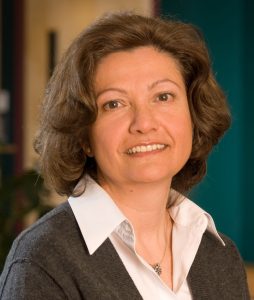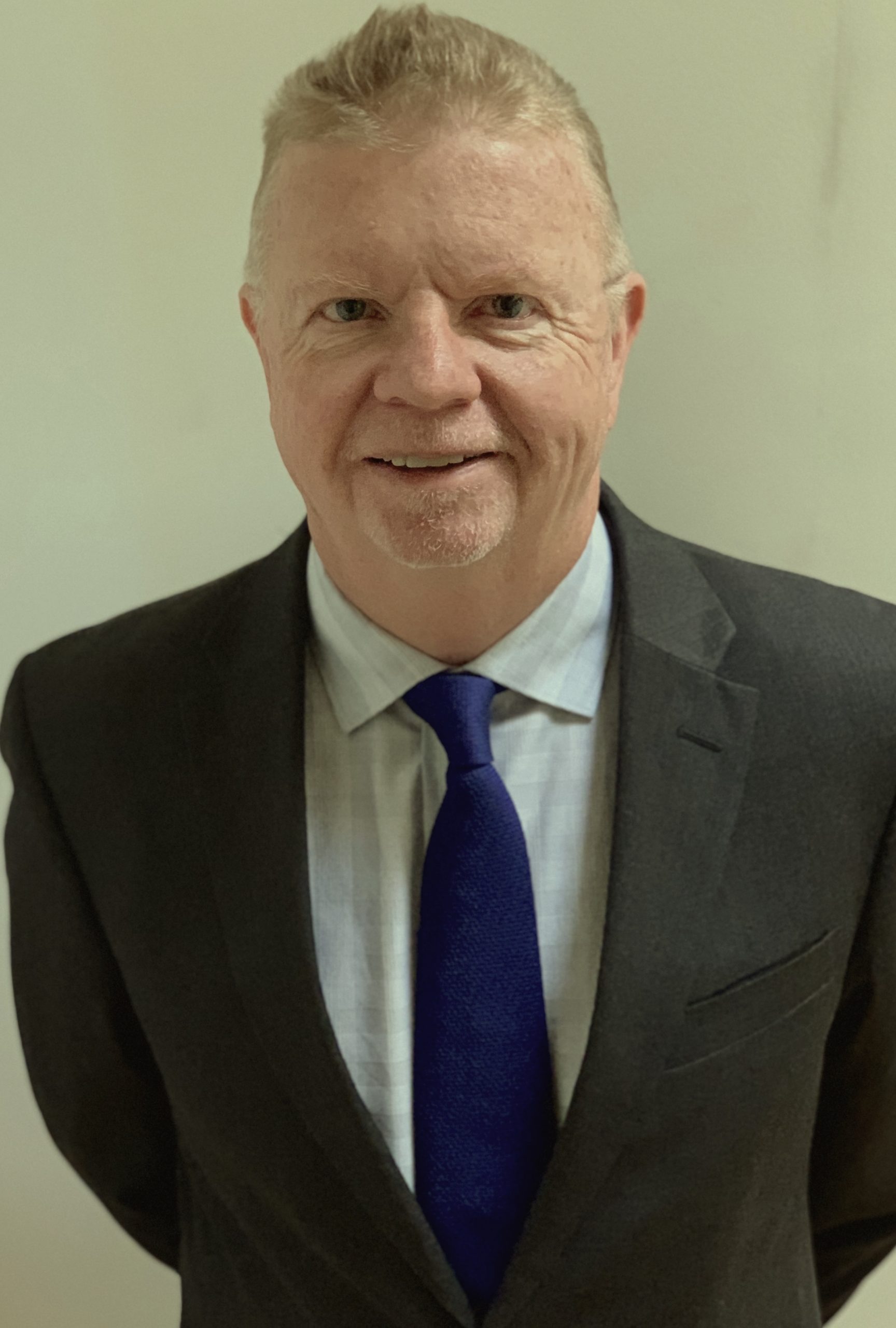Changing of the Guard: PLOS Neglected Tropical Diseases bids farewell to Serap Aksoy and welcomes Paul Brindley
A personal farewell from Serap to our editors and readership
Dear Friends and Colleagues,
It has been a privilege to serve as co-Editor-in-Chief of PLOS Neglected Tropical Diseases along with my fellow co-EICs for the past twelve years. I extend my heartfelt thanks to our outstanding Ed Board, publication team as well as reviewers and authors for making PLOS NTDs one of the leading journals of our community. I am extremely grateful to each and every one of you for your attention and dedication to our core principles of open access publishing and fair peer-review practices. I am truly proud of what PLOS NTDs has become thanks to everyone’s contributions.
The state of affairs for NTDs is quite different now than when I joined the journal in 2007. This is an exciting time, with many control and elimination efforts planned or ongoing. However, now more than ever, we need to make sure that our community remains engaged and vigilant to serve as the global voice of advocacy for continued funding of research and control for NTDs. Where better to advocate for these goals than in one of the Front Matter platforms in PLOS NTDs!
On a personal note, while I will miss my daily chats and discussions with each and every one of you, I am delighted that the journal is in great hands with colleagues Shaden Kamhawi and Paul Brindley as co-EICs. Thank you for what you do for the greater community and I look forward to interacting with all of you as a member of the Ed Board.
A very Happy, Healthy and Prosperous 2020 to everyone and to PLOS NTDs.
Serap Aksoy
A note from Shaden Kamhawi: We say thank you and farewell to Serap Aksoy after 12 years of service
After twelve years of outstanding contributions to the journal, Dr. Serap Aksoy is stepping down as co-Editor-in-Chief of PLOS Neglected Tropical Diseases. Serap is currently a Professor at the Department of Epidemiology of Microbial Diseases at Yale School of Public Health where she continues her work on tsetse flies and African trypanosomes. She also works in Kenya and Uganda to build research capacity in tsetse-transmitted diseases in sub-Saharan Africa. During her tenure as co-EiC for PLOS NTDs, Serap has been a beacon for the NTDs community. Of her many undertakings, a few come to mind as signature accomplishments. Serap focused on expanding our Editorial Board to include members of all communities impacted by NTDs, including those in disease-endemic countries. Additionally, she encouraged the recruitment of more women scientists and minorities, welcomed early-career researchers, and strongly encouraged post-doctoral scientists and students to participate in our manuscript review processes. To broaden our global outreach, she founded the now popular ‘Manuscript Writing Workshops’ that many of you have since helped organize, either at international meetings or in research institutions in endemic countries, expanding the reach and interaction of PLOS NTDs with relevant research communities. With this successful endeavor, Serap successfully disseminated effective and ethical editorial practices to our NTD community promoting high publication standards. Her engagement and commitment to training and advocacy activities also helped raise awareness of NTD research in the larger scientific community. Personally, Serap is a mentor and a friend and has always been supportive, generous and nurturing. Through her example, it is clear that serving our scientific community through the role of EiC for PLOS NTDs is a rewarding experience, and her support and encouragement remain invaluable to me. Although she is stepping down from her role as co-Editor-in-Chief, our Front Matter article section is of particular interest to Serap and we look forward to working with her in this new capacity.
Please welcome our new co-Editor-in-Chief, Dr. Paul Brindley!
As we say goodbye to Serap, we welcome our new co-EiC of PLOS NTDs, Dr. Paul Brindley. Paul has been an editorial board member of PLOS NTDs for more than 10 years, a Deputy Editor since 2012, and guest co-EIC this past year. Paul is Professor of Microbiology, Immunology and Topical Medicine at the Department of Microbiology, Immunology & Tropical Medicine, School of Medicine & Health Sciences, George Washington University (GW), Washington, D.C.. He holds a PhD from the University of Queensland, Brisbane, Australia and undertook his post-doctoral training at the National Institutes of Health-NIAID-Laboratory of Parasitic Diseases, Bethesda, Maryland, under Dr. Alan Sher. He has held faculty-level appointments at the Queensland Institute of Medical Research, Brisbane, Australia; University College Dublin, Ireland (Science Foundation Ireland Visiting Research Professor); and Tulane University, New Orleans, Louisiana, where he was the William Vincent Professor of Tropical Medicine. He was the recipient of a Scholar Award in Molecular Parasitology, Infectious Diseases Research of the Burroughs Wellcome Fund (2001-2006), is a Fellow of the American Society of Tropical Medicine & Hygiene (2014), and in 2019 was awarded a Doctor of Science, honoris causa by Khon Kaen University, Thailand. He is a research-intensive investigator, with current research efforts focusing on functional genomics for schistosomes and other flukes and on molecular carcinogenesis of helminth infection-associated cancers, specifically liver fluke infection-induced bile duct cancer in East Asia and urogenital schistosomiasis-induced bladder cancer in Africa.
As co-EiCs of PLOS NTDs, Paul and I will advocate for NTD research worldwide. We will continue along the path of our preceding EiCs, aiming to ensure that PLOS NTDs remains inclusive and open to our diverse and expanding community of researchers, and remains conscious of the need for gender-equitable policies and approaches. We will achieve this with your engagement, support, and commitment towards a healthier world, free of NTDs.


